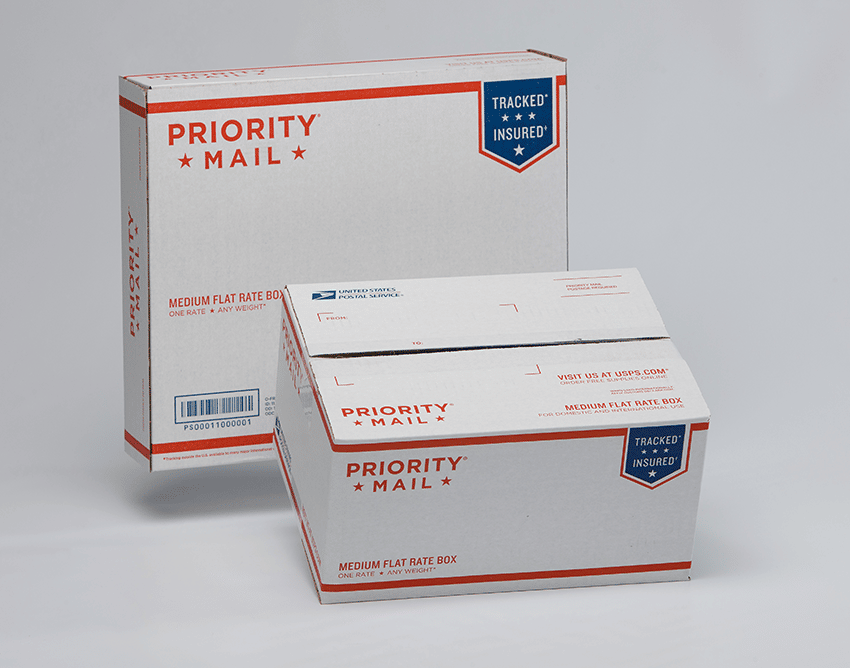According to rabbinical sources, this priestly benediction—consisting of fifteen Hebrew words—was to be prayed only by the high priest, following the evening and morning daily offerings. The high priest raised both hands above his head and over the people, joining his hands at the thumbs in the shape of the Hebrew letter shin, a letter repre- senting the name of God. He then pronounced seven different blessings over the people:
1. The Lord bless you: The English word bless is barak in Hebrew and refers to complete blessing from God.
2. The Lord keep you: The Hebrew word for keep is shamar and means “to hedge a person in, guarding and protecting him.”
3. The Lord make His face shine upon you: This word paniym is the common Hebrew word for the face. However, it alludes to giving light and illuminating the people.
4. The Lord be gracious unto you: Gracious in Hebrew is chanan, meaning “to bend in kindness to an inferior.”
5. The Lord lift His countenance upon you: The word again is paniym, the Hebrew word for face. The prayer asks for God to let His face be seen, which is an idiom for special favor being granted on behalf of the people.
6. The Lord give you peace: The Hebrew word for peace here is shalom. It encompasses more than mental peace; it is a word that means “prosperity of the body, soul and spirit.”
7. The priest then spoke the name of the Lord over the people. God’s name is significant; He leads the people who exalt His name.
From Page 277 of the Perry Stone Hebraic Prophetic Old Testament Study Bible

